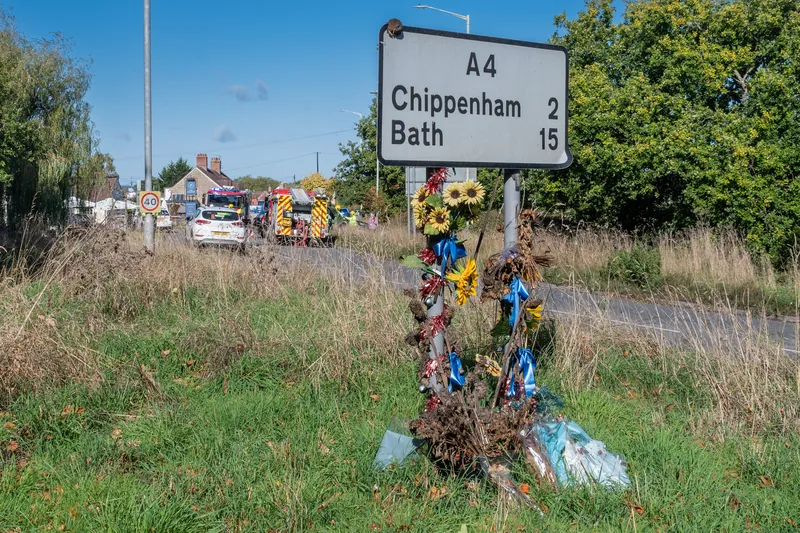The
San Francisco is experiencing an increase in motorcycle usage. According to the California Department of Motor Vehicles, there were 22,853 registered motorcycles in San Francisco in 2014, a 10 per cent increase over five years. With this increase, San Francisco has seen more motorcycle crashes resulting in injury and death. The Office of Traffic Safety database ranks San Francisco as having the highest fatal collision rate among California cities over 250,000 in population and fifth among all counties in the state. Nearly 20 percent of all traffic fatalities in San Francisco in 2015 involved motorcycles despite them accounting for a small fraction of total road users.
To stem these fatalities, the SFMTA will work in direct partnership with the San Francisco Police Department (SFPD) and the San Francisco Department of Public Health (SFDPH) to implement a new citywide education campaign aimed at reducing and ending injuries and deaths among people who ride motorcycles.
As part of the city’s Vision Zero Education Strategy, this new campaign will be used to educate the targeted population and implement a spectrum of prevention measures intended to alter individual behaviours that most contribute to crashes, including unsafe speed, unsafe passing and DUI.
SFMTA launches three-year motorcycle education campaign pilot
The San Francisco Municipal Transportation Agency (SFMTA), which manages all surface transportation in the city, including the Municipal Railway (Muni), has launched a first of its kind Vision Zero education campaign targeting people who ride motorcycles. The campaign is funded by a US$188,267 grant from the California Office of Traffic Safety (OTS), through the National Highway Traffic Safety Administration.
November 25, 2016
Read time: 2 mins








